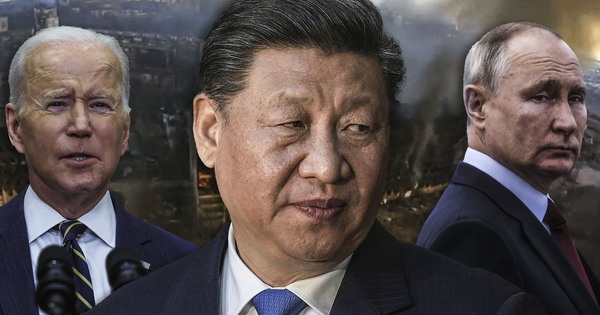The US and its Allies’ Attack Could Soon Be Neutralized
The BRICS group, consisting of 11 emerging economies, is striving to expand non-USD and SWIFT payment methods, according to Russia’s RIA Novosti news agency. Their immediate plan includes creating an international payment system based on blockchain technology to implement the BRICS Pay digital currency.
Diversifying away from USD is a primary goal for BRICS. For example, China conducts 95% of its trade transactions in Rubles and Yuan instead of USD. This move increases payment capabilities and economic resilience against external shocks and instability, according to Shen Yi, head of the BRICS Research Center at Phuc Dan University in China.
The development of a diverse payment system that aligns with global power shifts and general development trends is crucial, says a researcher at BRICS Research Institute. This system would challenge the US’s dominant currency position and pose a direct threat to its power.
BRICS Pay: A Game-Changing Platform
Avoiding dependence on the USD is a strategic initiative for BRICS. The newly proposed payment system, BRICS Pay, is expected to directly compete with SWIFT, the dominant payment system used internationally. Guzel Protsenko, CEO of Alfa-Forex, believes it will become a common platform for central banks within the BRICS countries, facilitating seamless transactions between them.
The advantages of this new system include enhanced security, faster payment processing, reduced political risk, and an effective way to circumvent sanctions. This alternative to SWIFT is necessary for the safe and stable transfer of funds between small, medium, and large Russian businesses, according to financial analyst Vladislav Antonov from BitRiver.
By developing digital payment platforms, particularly in China, BRICS Pay significantly weakens the position of the USD as the global reserve currency. Yanis Varoufakis, former Greek Finance Minister, warns that this poses a more significant threat to US influence than nuclear weapons, as reported by Forbes.
BRICS Pay: Undermining US Sanctions
BRICS Pay and other digital payment platforms within BRICS would eliminate the necessity for USD transactions between participating countries. This would weaken the role of the US dollar as an international payment and reserve currency. Additionally, the decentralized blockchain technology underlying these platforms makes transactions more challenging to trace, providing protection against secondary sanctions.
Moreover, BRICS Pay directly competes with SWIFT, which is controlled by Western powers. This reinforces multi-polarity within the global financial system, diminishing the influence of the West and the EU.
Strengthening BRICS’ Global Influence
Successful implementation of BRICS’ payment system would enhance economic integration, financial influence, and political power of the member countries. Yaroslav Ostrovsky, a strategic research analyst at Total Research, states that if the project is realized, participating nations would be able to shift towards using their domestic currencies for international payments, bypassing the need for USD and SWIFT. This move would also extend access to the system for non-BRICS countries. The cumulative impact of such interactions would solidify BRICS’ position within the global economy.
Of course, setting up a payment system of this magnitude will take time, and experts estimate it could take more than a year to iron out any potential issues. However, the BRICS group remains determined to move away from USD dominance and establish a new era of international payments.
For more information on finance and economics, visit Business Today’s website.

